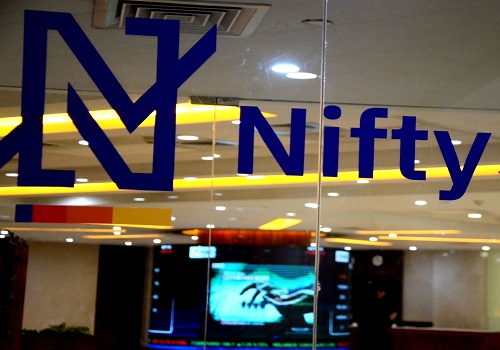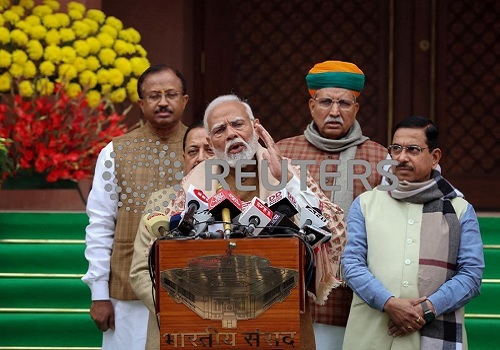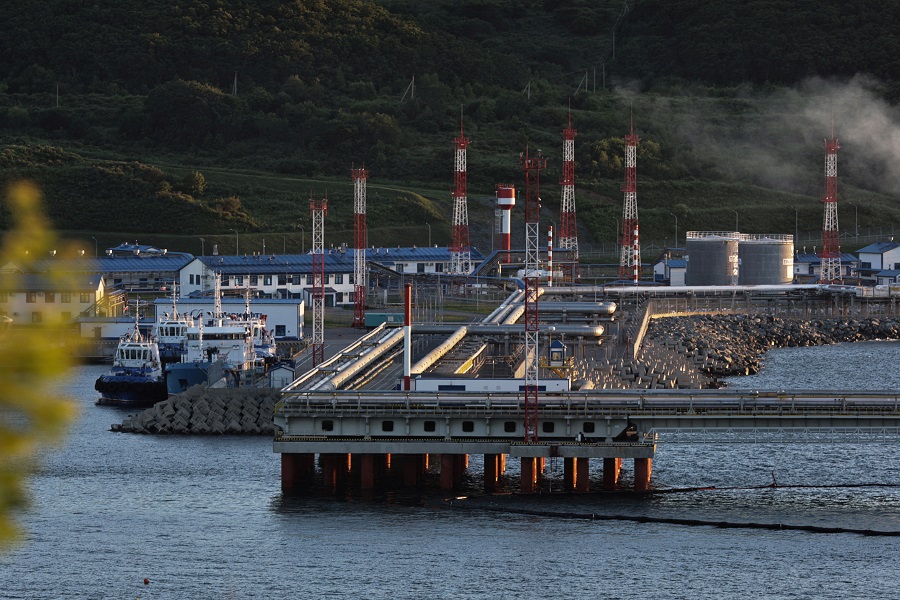India`s Palm Oil Substitution Sparks Surge in Sunoil Imports, Reshaping Global Markets Amit Gupta, Kedia Advisory

India's palm oil imports plummeted to a 10-month low in March as refiners opted for sunoil due to soaring prices, propelling sunflower oil imports to near-record levels. With palm oil futures potentially capped and sunflower oil inventories in the Black Sea region set to decline, the shift in imports signifies a significant market reconfiguration.
Highlights
March Palm Oil Imports Hit 10-Month Low: India's palm oil imports in March dropped to their lowest level in 10 months.
Substitution with Sunoil: Higher prices led refiners to substitute palm oil with sunoil, driving sunoil imports to the second-highest on record.
Potential Cap on Palm Oil Futures Rally: Lower palm oil purchases by India, the world's biggest importer, may limit the rally in Malaysian palm oil futures.
Impact on Sunflower Oil Inventories: Increased sunflower oil purchases are expected to reduce inventories in the Black Sea region.
Specific Import Figures: Palm oil imports fell about 2.5% to 485,354 metric tons, while sunflower oil imports surged by about 50% to 445,723 tons.
Price Comparison: Crude palm oil (CPO) imports are offered at about $1,040 a metric ton, while soyoil and sunflower oil are offered around $1,015 and $975 a ton, respectively.
Rise in Soyoil Imports: Soyoil imports in March jumped by 26.4% to 218,604 tons, contributing to the increase in total edible oil imports.
Overall Increase in Edible Oil Imports: India's total edible oil imports in March reached the highest level in six months, totaling 1.149 million tons, up by 18.8% from the previous month.
Source Countries: India buys palm oil mainly from Indonesia, Malaysia, and Thailand, while soyoil and sunflower oil are imported from Argentina, Brazil, Russia, and Ukraine.
Conclusion
India's strategic pivot towards sunoil imports amid palm oil price hikes marks a pivotal moment in global vegetable oil markets. The surge in sunflower oil imports not only addresses India's immediate supply needs but also reshapes trading dynamics, potentially affecting prices and supply chains worldwide. As India continues to navigate its edible oil imports, stakeholders across the industry must adapt to these evolving trends to stay competitive and ensure market stability in the long term.
Above views are of the author and not of the website kindly read disclaimer























